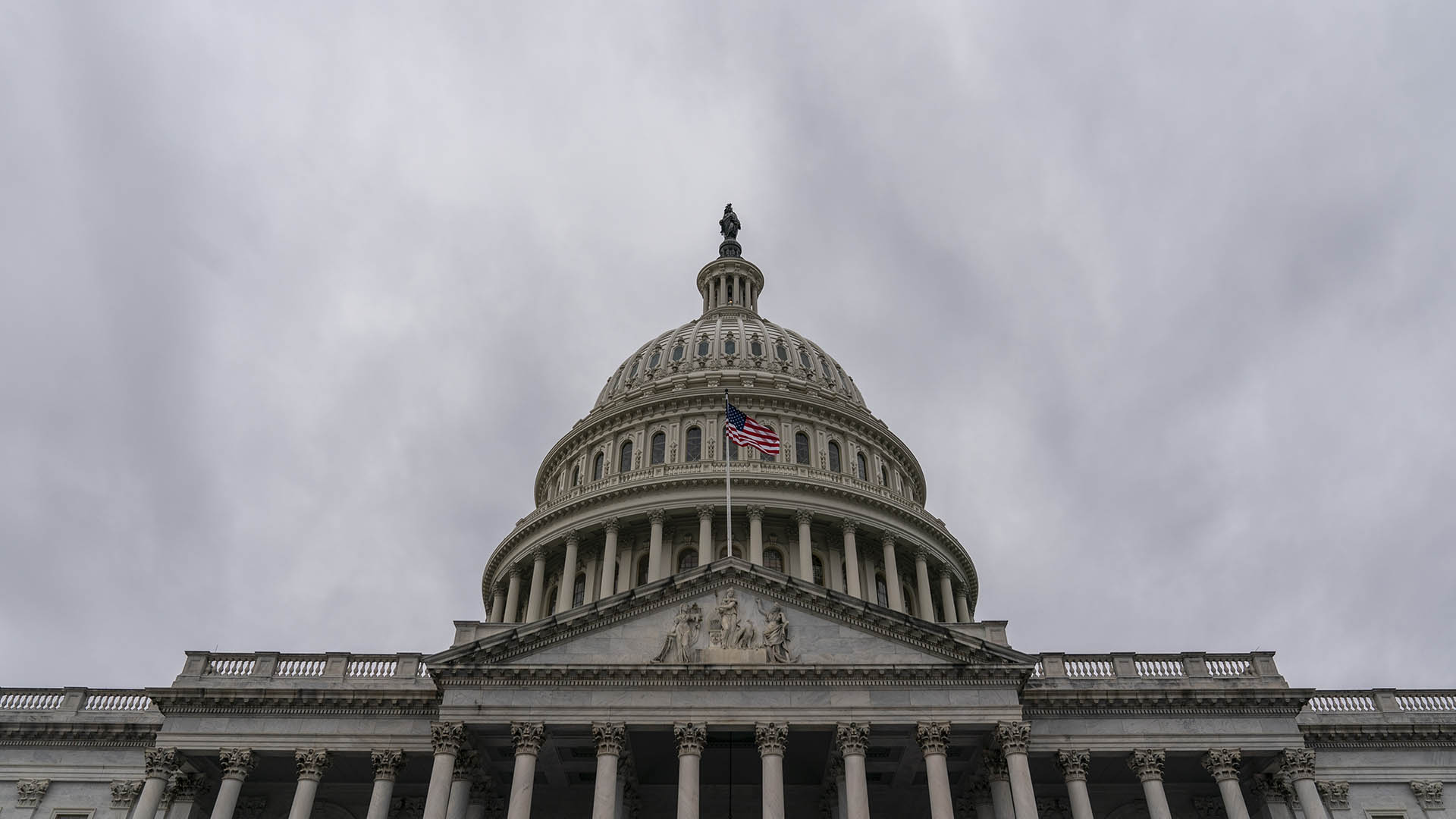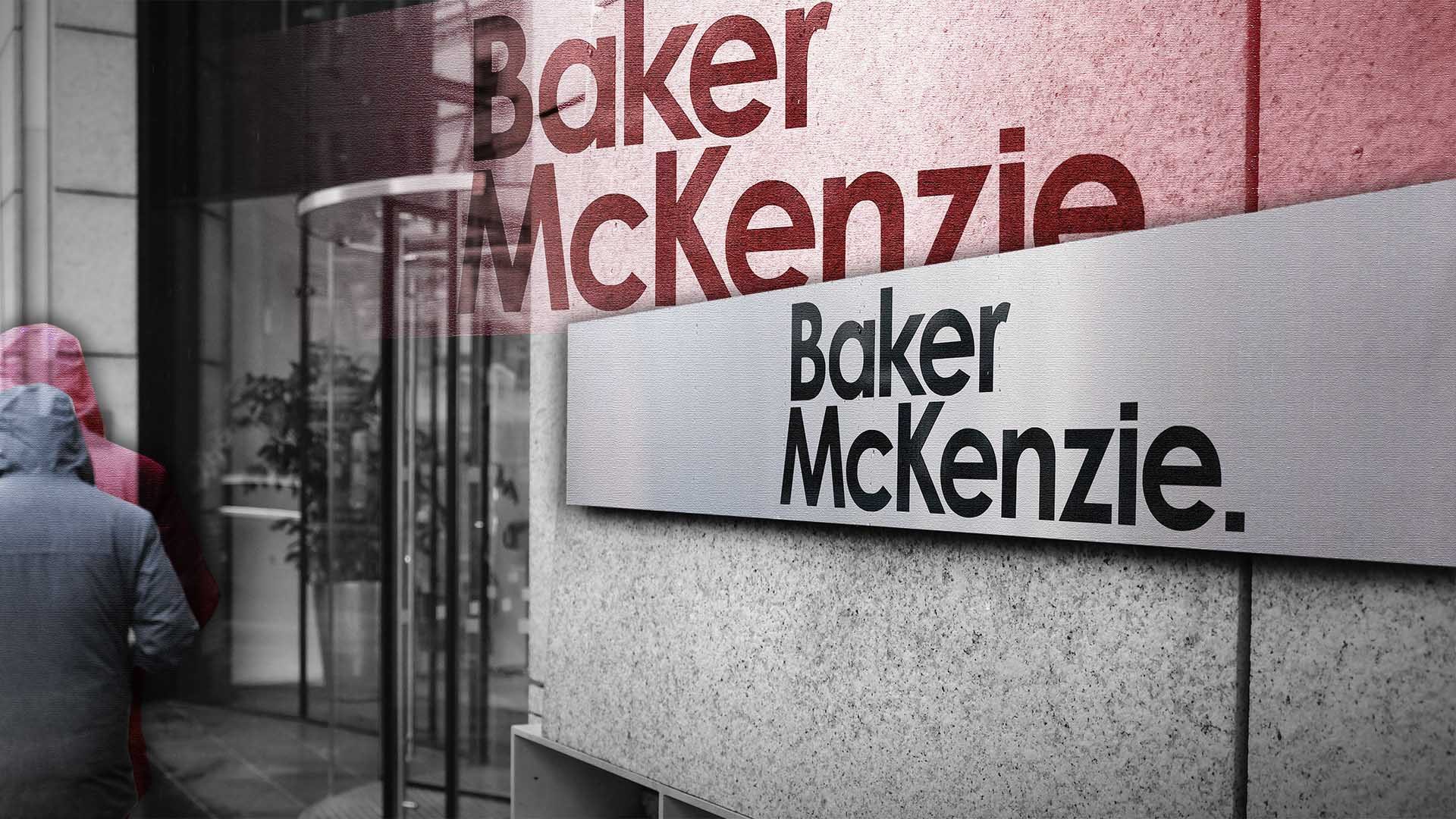The Senate has blocked a critical bill to curb financial crime and corruption in the United States, a setback for what advocates have called the most significant reform to the country’s anti-money laundering laws in 20 years.
The Enablers Act would for the first time require trust companies, lawyers, art dealers and others to investigate clients as well as the source of money and other assets that are moved into the American financial system.
A bipartisan group of lawmakers introduced the Enablers Act last year citing the Pandora Papers investigation, a collaboration by the International Consortium of Investigative Journalists, the Washington Post and other media organizations.
The bill was included earlier this year as part of the National Defense Authorization Act, which is considered a must-pass piece of legislation in Washington D.C. because it allows for timely payment of salaries to U.S. military service members. That version of the defense spending bill won approval from the House of Representatives in July.
Republican Sen. Patrick Toomey, ranking member of the U.S. Senate Banking Committee, was behind the move to strike the bill from the NDAA, according to media reports and interviews with members of Congress and staffers. The banking committee plays an important role in advancing the fuller defense bill to a vote in Congress.
Responding to questions sent to Toomey, a Republican aide on the banking committee said that the senator is not the only member of Congress or government agency with reservations about the bill. The Enablers Act should go through regular legislative processes, the aide said.
The Pandora Papers investigation showed how U.S. attorneys, registered agents, trust and corporate service providers and real estate agents helped members of the global elite conceal their wealth in tax havens like Wyoming, South Dakota and Delaware.
Unlike banks and other financial institutions, such middlemen are not required to closely scrutinize the source of their clients’ wealth.
The failure of the Enablers Act to pass comes despite increasingly high-profile support. Earlier this week, Jake Sullivan, the national security advisor to U.S. President Joe Biden, voiced his “full support” for the bill.
Democratic Sen. Sheldon Whitehouse also signaled his support when speaking this week at the International Anti-Corruption Conference in Washington D.C.
“It makes no sense to have money laundering rules for banks, to have disclosure for shell corporations, but to let somebody run into a lawyer’s office or a hedge fund and dodge all of that protection,” said Whitehouse, calling out “opposition from big American lobbying groups.”
Last month, a bipartisan group of foreign policy experts signed an open letter urging support for the Enablers Act.
“Fentanyl traffickers … and Chinese kleptocrats operating within the United States cannot navigate the U.S. financial and legal systems by themselves,” wrote the group of experts, which included senior members of former President Donald J. Trump’s national security team. “Neither can Russian oligarchs or Iranian sanctions evaders. Instead, they have often taken advantage of unwitting or unscrupulous Americans to facilitate harmful activities.”
“This is a key way of strengthening our national security apparatus,” Elaine Dezenski, a signatory of the letter and head of the Center on Economic and Financial Power at the Washington D.C.-based Foundation for Defense of Democracies, told ICIJ. “Closing these loopholes was part of the financial reforms proposed after 9/11,” said Dezenski, a former Department of Homeland Security official. “Much of what we see in the Enablers Act was envisioned 20 years ago, though is now even more relevant for countering our foreign adversaries.”
The American Bar Association has opposed the bill, which would require some lawyers to identify and verify clients and to submit reports of suspicious financial activity to the U.S. Treasury.
“The Enablers Act amendment would undermine fundamental principles of the rule of law and the rights of citizens,” ABA President Deborah Enix-Ross wrote in an October letter to Congress.
Leaked records, including from the Pandora Papers, show that attorneys from Enix-Ross’s employer, law firm Debevoise & Plimpton, have represented offshore companies owned by the family of the former so-called “banker” of Russian President Vladimir Putin as well as a company owned by a Kazakh billionaire also known as the “banker” for the country’s former authoritarian ruler.
Enix-Ross and Debevoise and Plimpton declined to comment.
The ABA said its opposition to the Enablers Act was determined before Enix-Ross became president and that it “supports reasonable and balanced initiatives to combat money laundering and terrorist financing.”
Democratic Rep. Tom Malinowksi who co-led the push to enact the Enablers Act and to include it in the NDAA, said he is optimistic that the bill can be passed through an alternative arrangement. In an interview with ICIJ, Malinowski rejected criticism that the Enablers Act has not been subject to hearings and periods of public debate.
“There’s support from national security experts, from Republican as well as Democratic administrations,” Malinowksi said. “I’m confident it is going to pass. I just like to see that this happens in this Congress.”





